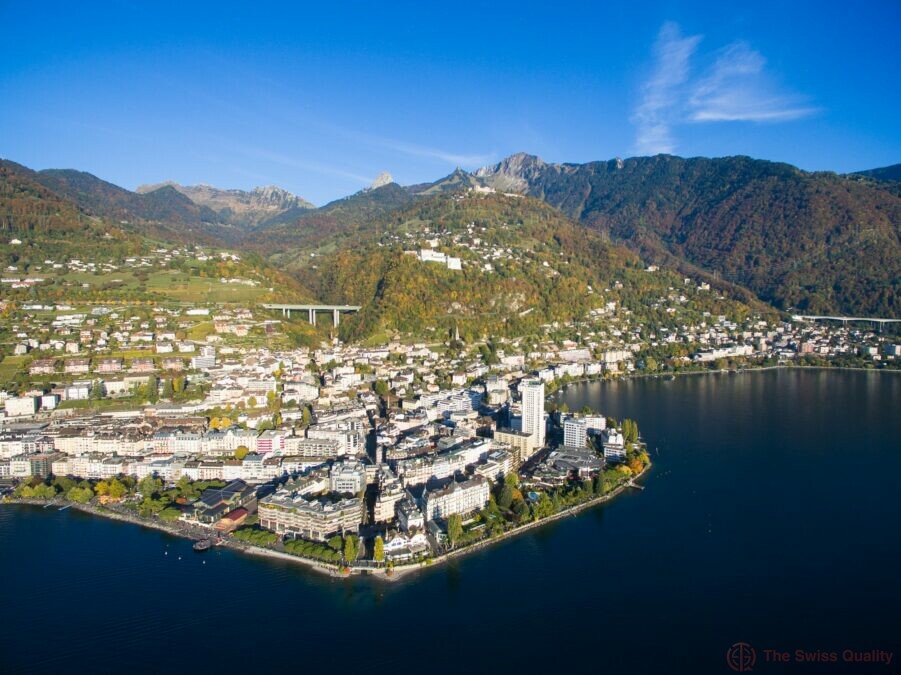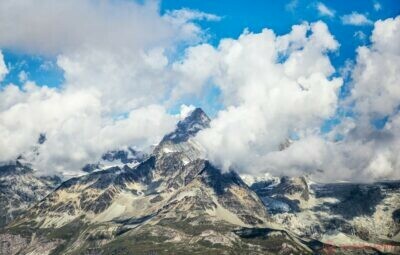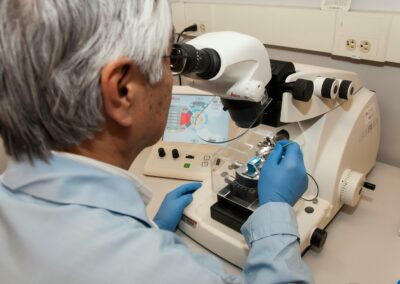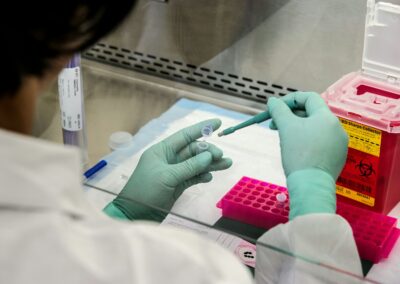Breaking Biological Boundaries: A New Era in Scientific Innovation
The introduction of recombinant DNA technology into the scientific arena has marked the beginning of an era where the limitations of biology are no longer insurmountable barriers but challenges awaiting innovative solutions. This groundbreaking approach, which allows scientists to manipulate and recombine genetic material across different species, stands at the forefront of biotechnological advancement, offering profound implications for medicine, agriculture, and environmental management.
The Essence of Recombinant DNA Technology
At its core, recombinant DNA technology involves the deliberate modification of an organism’s genetic material with the aim of imbuing it with novel characteristics or capabilities. This process, often likened to biological “cutting and pasting,” enables the insertion of one or more genes from one organism into the genome of another, effectively bypassing the natural reproductive barriers that have historically governed the flow of genetic information. The potential applications of this technology are vast, ranging from the development of new medical therapies and vaccines to the creation of genetically modified crops that offer enhanced nutritional profiles or improved resistance to pests and diseases.
Revolutionizing Medicine and Healthcare
In the realm of medicine, recombinant DNA technology has paved the way for the synthesis of vital proteins, such as insulin and growth hormones, which were previously difficult or impossible to produce in large quantities. This has transformed the treatment of chronic diseases, making previously scarce medications accessible to a broader population. Beyond therapeutic proteins, the technology also holds promise for gene therapy, where defective genes causing hereditary diseases can be replaced or supplemented, offering hope for cures to genetic disorders that were once deemed untreatable.
Towards a Sustainable Future: Biotechnology and Environment
The environmental applications of recombinant DNA technology are equally compelling, offering new strategies for conservation and sustainability. Genetically modified organisms (GMOs) can contribute to more sustainable agricultural practices by reducing the need for chemical pesticides and fertilizers, thereby lessening the ecological footprint of farming. Furthermore, this technology can aid in the bioremediation of contaminated environments, through the creation of microorganisms specifically engineered to degrade pollutants and detoxify hazardous waste.
Addressing Ethical and Societal Implications
While the potential benefits of recombinant DNA technology are immense, they also bring to the fore complex ethical and societal questions. The ability to alter the genetic makeup of living organisms raises concerns about long-term ecological impacts, biosecurity, and the potential for unintended consequences. As we navigate these uncharted waters, it is imperative that scientific advancement is balanced with ethical considerations, ensuring that the applications of this technology are developed and utilized in a manner that respects the intrinsic value of all forms of life and promotes the well-being of future generations.
Embracing the Challenges and Opportunities
The journey of recombinant DNA technology is a testament to human ingenuity and the relentless pursuit of knowledge. As we stand on the brink of this new frontier, the words of American economist Jeremy Rifkin remind us of the profound implications of our ability to bypass biological boundaries. This technology challenges us to rethink our relationship with the natural world, offering both unparalleled opportunities and profound responsibilities. In the quest to harness the full potential of recombinant DNA technology, it is crucial that we proceed with caution, wisdom, and a deep commitment to ethical stewardship.
Forging Ahead: The Future of Recombinant DNA Technology
The future of recombinant DNA technology is bright, with ongoing research and development poised to unlock even more revolutionary applications. As scientists continue to explore the possibilities inherent in genetic engineering, we can anticipate advancements that will further blur the lines between the possible and the impossible. The challenge lies not only in the technical aspects of this endeavor but also in ensuring that these advancements benefit humanity as a whole, fostering a world where technological progress and ethical responsibility go hand in hand.
#RecombinantDNATechnology, #Biotechnology, #JeremyRifkin, #GeneticEngineering, #BiologicalBoundaries, #ScienceInnovation, #FutureOfScience, #EthicalConsiderations























